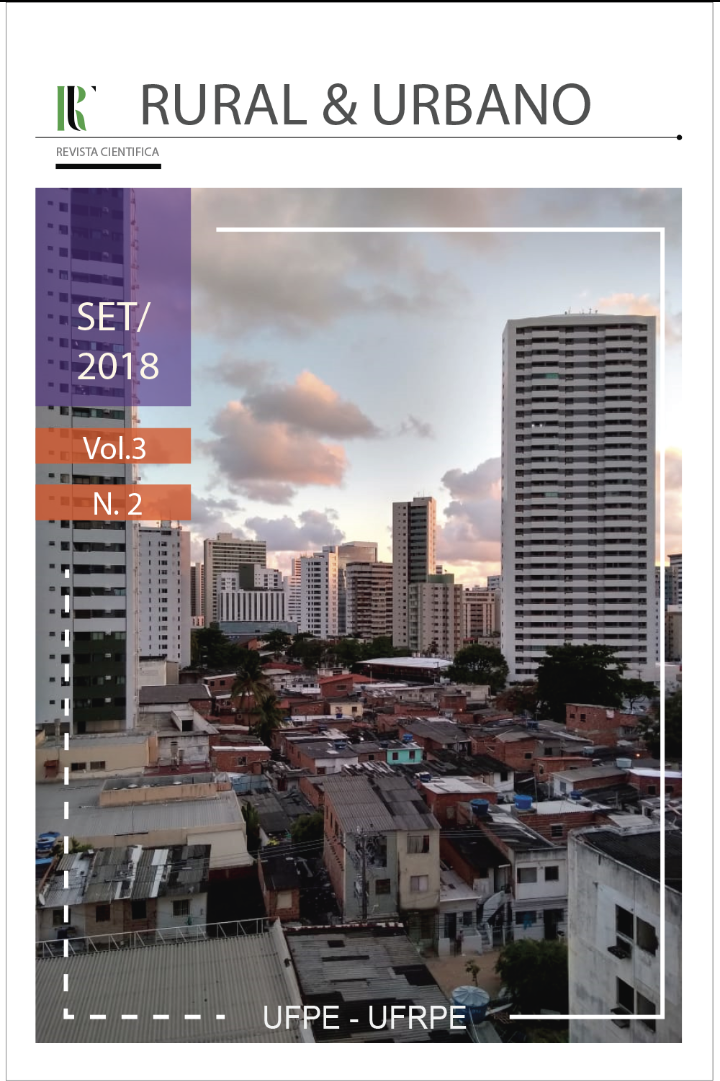THE STIGMA OF A FAVELADO : RESIGNING THE FAVELA CONCEPT IN THE INTERNAL URBAN DYNAMICS IN AREINHA, IN THE COMMUNITY OF COQUE
DOI :
https://doi.org/10.51359/2525-6092.2018.241084Mots-clés :
Stigma. Urban Dynamics, Favela, Socio-spatial segregationRésumé
The aim of this article is to describe the internal concept of favela in the community of Coque, which is already stigmatized by the formal city of Recife, Pernambuco, Brazil. The internal concept of favela. carries with it a symbolic content that is represented in particular urban spatiality and dynamics that place people, the favelados, within this spatial-symbolic category. The formal city perspective for poverty areas generate a particular concept of favela already explored in multiple studies; however, the internal category of favela has been little explored. In this way, we intend to describe Areinha 's inner urban spatiality and dynamics. The particularity of the study area is that while Coque itself is, in the imaginary of Recife's population, a violent area; Areinha is itself recognized as one of the most violent space of Coque from the internal perspective of the community.
Téléchargements
Publiée
Comment citer
Numéro
Rubrique
Licence
Autores que publicam nesta revista concordam com os seguintes termos:
a) Autores mantém os direitos autorais e concedem à revista o direito de primeira publicação, com o trabalho simultaneamente licenciado sob a Creative Commons Atribuição-Não Comercial-Compartilha Igual 4.0 Internacional  , que permite o compartilhamento do trabalho com reconhecimento da autoria e publicação inicial nesta revista.
, que permite o compartilhamento do trabalho com reconhecimento da autoria e publicação inicial nesta revista.
b) Autores têm autorização para assumir contratos adicionais separadamente, para distribuição não-exclusiva da versão do trabalho publicada nesta revista (ex.: publicar em repositório institucional ou como capítulo de livro), com reconhecimento de autoria e publicação inicial nesta revista.
c) Autores têm permissão e são estimulados a publicar e distribuir seu trabalho online (ex.: em repositórios institucionais ou na sua página pessoal) a qualquer ponto antes ou durante o processo editorial, já que isso pode gerar alterações produtivas, bem como aumentar o impacto e a citação do trabalho publicado.

